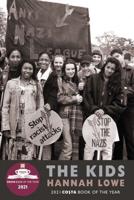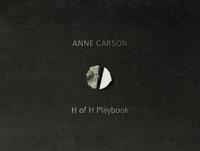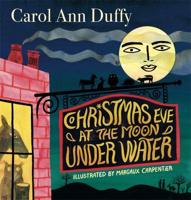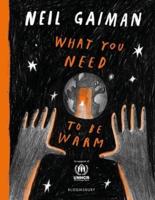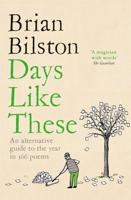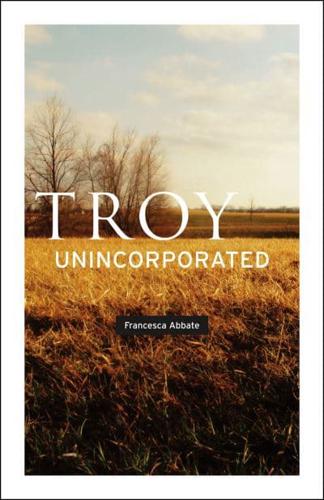
Troy, Unincorporated - Phoenix Poets
Paperback (22 Jun 2012)
Save $1.57
-
RRP $22.77 - $21.20
Includes delivery to the United States
10+ copies available online - Usually dispatched within two working days
Check stock
A meditation on the nature of betrayal, the constraints of identity, and the power of narrative, the lyric monologues in Troy, Unincorporated offer a retelling, or refraction, of Chaucer's tragedy Troilus and Criseyde. The tale's unrooted characters now find themselves adrift in the industrialized farmlands, strip malls, and half-tenanted "historic" downtowns of south-central Wisconsin, including the real, and literally unincorporated, town of Troy. Allusive and often humorous, they retain an affinity with Chaucer, especially in terms of their roles: Troilus, the good courtly lover, suffers from the weeps, or, in more modern terms, depression. Pandarus, the hard-working catalyst who brings the lovers together in Chaucer's poem, is here a car mechanic.
Chaucer's narrator tells a story he didn't author, claiming no power to change the course of events, and the narrator and characters in Troy, Unincorporated struggle against a similar predicament. Aware of themselves as literary constructs, they are paradoxically driven by the desire to be autonomous creatures-tale tellers rather than tales told. Thus, though Troy, Unincorporated follows Chaucer's plot-Criseyde falls in love with Diomedes after leaving Troy to live with her father, who has broken his hip, and Troilus dies of a drug overdose-it moves beyond Troilus's death to posit a possible fate for Criseyde on this "litel spot of erthe."
Book information
| ISBN: | 9780226001203 |
| Publisher: | University of Chicago Press |
| Imprint: | The University of Chicago Press |
| Pub date: | 22 Jun 2012 |
| DEWEY: | 811.6 |
| DEWEY edition: | 23 |
| Language: | English |
| Number of pages: | 76 |
| Weight: | 138g |
| Height: | 139mm |
| Width: | 215mm |
| Spine width: | 9mm |


